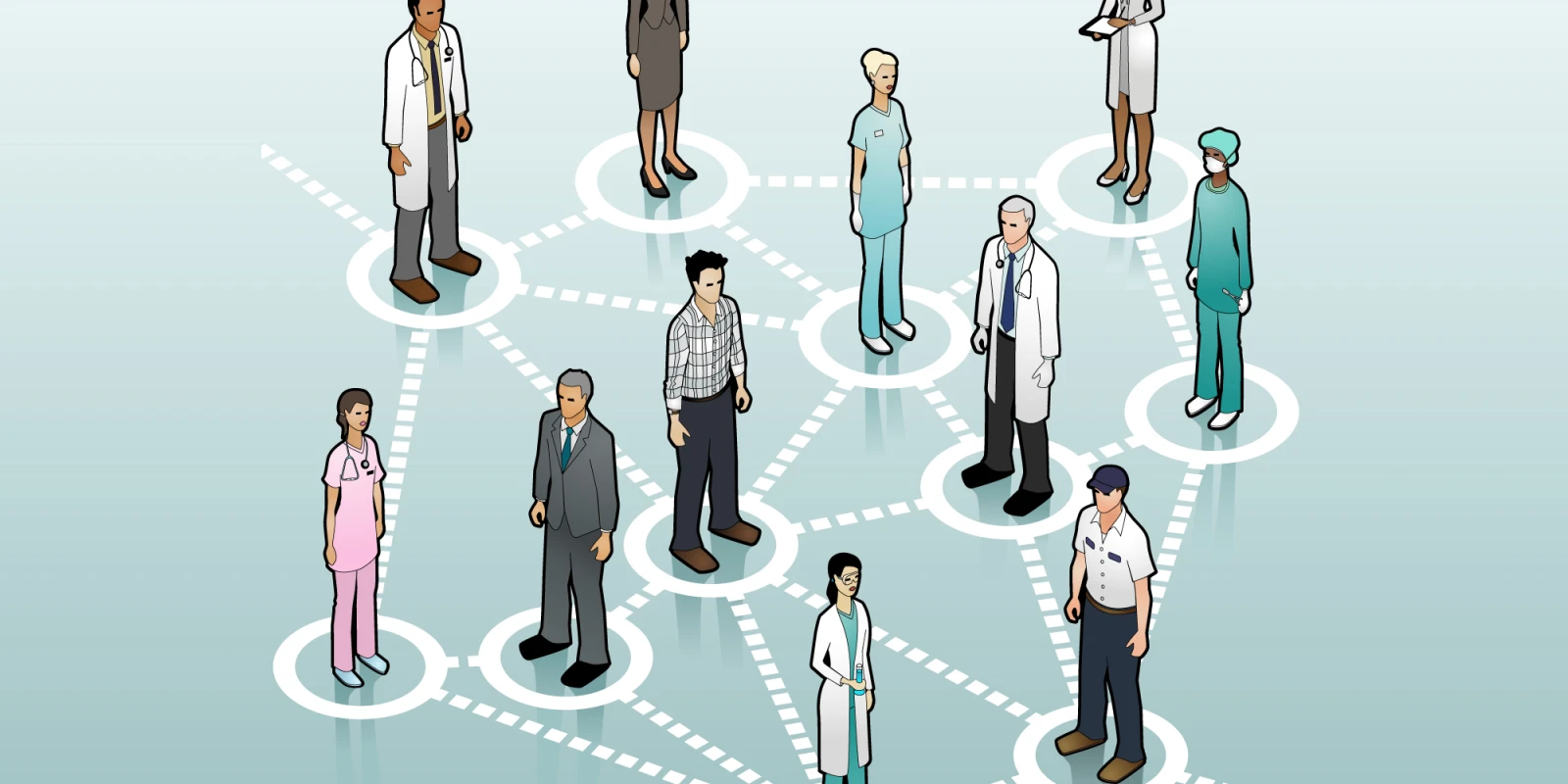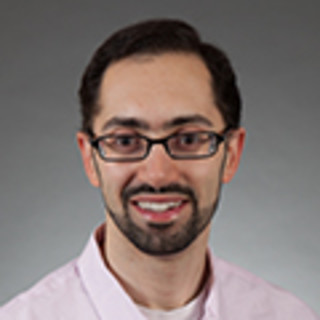
Since when did we become so antagonistic in medicine? I’m not that far out from training, but every hospital I’ve been to seems to have some level of specialty “tribalism.” I’m not just talking about the usual “internists think surgeons are arrogant"—I’m not even talking about nurses against doctors, care area against care area, etc. I’m talking about some serious tribalism.
I first encountered this sort of culture on the pediatric rotation in medical school, and then again on pediatric surgery later in residency. It always felt for some reason that the nurses behaved as though they need to protect the patients from the physicians.
“Are you sure that’s the dose? I’ve never given a dose like this before,” they would comment.
“I didn’t draw the blood work you ordered because I didn’t think it was necessary.”
And I don’t even want to think about what happened if you wrote an order in the NICU.
Then came the medical factions during residency and fellowship. The most interesting thing about this to me was that the surgical nurses often made the same comments about medical nurses that surgeons made about their medical counterparts. Of course everyone hates the emergency department, even though without it the hospital would not function. And if your anesthesiologist asks a question about your patient preoperatively, well, what an obstructionist.
Then you graduate and become an attending. And now, the full-on judgment begins. And it’s easy to judge ex post facto. Not long ago I had a case of a ruptured thoracic aneurysm. The 87 year-old patient and his family wanted to proceed. (“A chance is better than no chance doc.”) The patient required adjunctive procedures on the carotid arteries to make it possible to place an endograft and treat the rupture. Of course though, the patient had a stroke, subsequently developed pneumonia and C. diff colitis, and about 12 days postoperatively the family elected to cease invasive treatments. The patient then died. They were grateful that we at least tried.
While the case was complex enough to navigate, what really was difficult was the chastisement by people when the patient was recovering in the ICU. What short memories we have! Despite clear, extensive documentation about the separate discussions had with both patient and his wife, staff still felt the need to ask “why did we do this,” “when’s enough enough,” and of course my favorite, “maybe we shouldn’t offer this in the first place.”
I love how study after study show the benefits of multidisciplinary teams and approaches, but we as a medical community can’t figure out how to apply the simplest of kindergarten rules: to play nice in the sandbox. We each criticize the other, chastise the other, and do not support our colleagues’ decisions, not to mention sometimes those who openly undermine their colleagues.
Obviously, not everyone is like this, and there is some hyperbole added for emphasis. I myself have succumbed to these sentiments as well. But the reality is that in an age of ever-more complex medical therapies, our need to rely on each other is high. And this is even more important when we factor in feelings of isolation and being overwhelmed resulting in burnout. That consult is not an affront to one’s intellect, it’s just another colleague asking for help, or respecting established group practice patterns.
I recently had an odd realization: To establish credibility in the eyes of a patient or even someone in medicine but outside of my field of expertise, all I have to do is simply criticize a prior physician interaction this person had, then follow this up with some esoteric piece of potentially irrelevant data from the literature. But what does that accomplish really other than engender distrust and negative feelings?
If we as medical professionals and allied health staff can’t be allied, can’t trust each other, and can’t support one another, how shall we expect patients to respect and trust us? As we begin this new year, I am taking, and encourage you likewise to take, a moment to remember all those who depend on me/us, and all those on whom I call on for help. I will be thanking them, if not in person then in my thoughts. And above all, the impact of amicability, positivity, and reliability cannot be overstated.
Dr. Issam Koleilat is a vascular surgeon at Montefiore Medical Center/Albert Einstein College of Medicine in the Bronx, NY. He is also the proud father of a wonderfully curious five-year-old daughter and bright-eyed five-month-old son, and the husband of a breast cancer genetic epidemiologist. He enjoys traveling with his family, and as the kids get older he hopes they will hike, ride horses, and rock-climb more.
Dr. Koleilat is a 2018–2019 Doximity Author.






